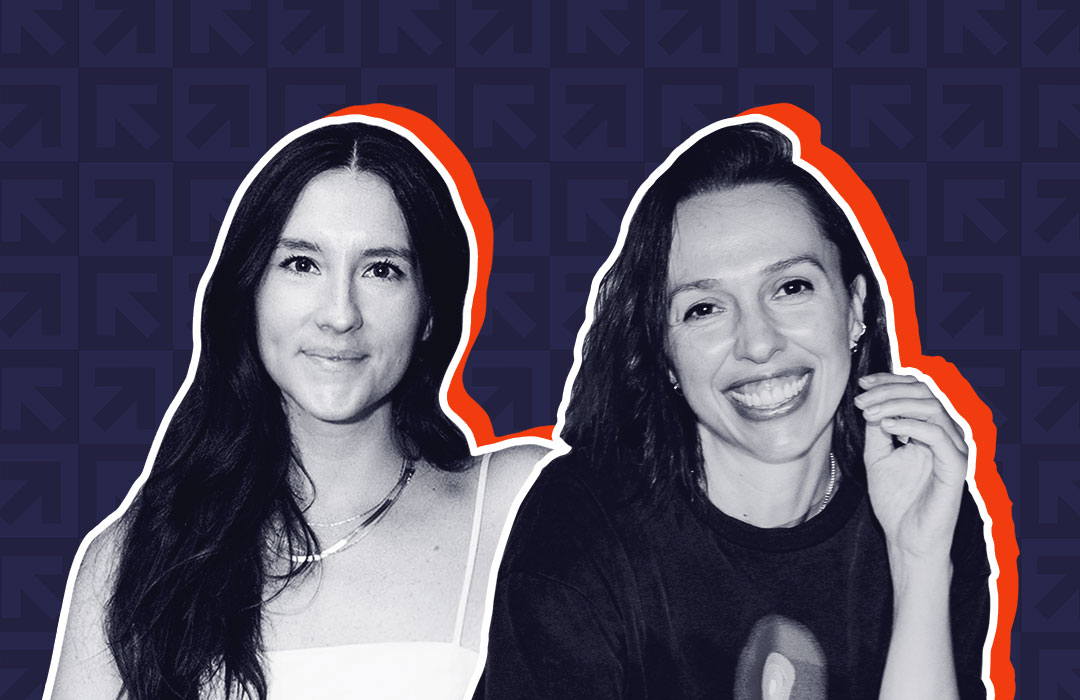Boys Club may now have thousands of members and host sold-out events across New York City, but a year ago, it was just a poolside chat between friends on a Las Vegas vacation.
“I was like, ‘OK, we’ve got three hours, sell me on this world,’” Natasha Hoskins says of the conversation that sparked the idea for Boys Club, a dedicated space for women and nonbinary people to safely explore crypto.
Hoskins, 30, had no knowledge of or interest in cryptocurrency. But, over cocktails and sparkling water at the Four Seasons, Deana Burke, 38, convinced her that digital assets and Web3 — touted as the “future of the internet” — were worth her time.
She’s not the only one who got hooked. Interest in crypto has boomed in the last few years, especially when COVID-19 lockdowns gave folks ample time to hunt for new hobbies. Bitcoin, the largest cryptocurrency by market value, peaked at about $68,000 per coin in 2021; ether, dogecoin and others have kicked off their own market trends. Everyday investors can trade digital assets like they do stocks and bonds, hold crypto in their Venmo accounts and even buy Nike NFT sneakers.
In short: Crypto is having a moment, and Hoskins and Burke want to help women capitalize on it.
That's why they built Boys Club, a decentralized autonomous organization (DAO) that brings together crypto enthusiasts to teach, learn and create within the world of Web3. They’re also really good at making memes, which is key to communicating with online crypto fans (yes, this is Gary Gensler photoshopped into the Kardashian clan).
Much of the Boys Club community gathers on Discord, a forum where there are 2,000 members and a popular channel carved out for “no dumb questions.” There, users pick one another’s brains about everything from how to set up a crypto wallet to the ramifications of the Ethereum merge.
While you don’t have to be a woman to be a member of Boys Club, bringing more women into crypto is definitely a priority for the duo — and, stats show, a necessary one. Men are about twice as likely as women to say they’ve used cryptocurrency. Between 2018 and 2021, an estimated 70% of new hires in the crypto industry were men.
“We see a lot of very smart, capable women sitting on the sidelines of what’s happening in this space, and we want that to change,” Hoskins says. “ Web3 presents a moment for us to really design what the future’s going to look like.”
There’s an application to join the Discord, which roughly 250 people fill out every week. But anyone can participate in the other aspects of Boys Club, which also boasts a podcast and has a product studio from which it has launched several NFTs. “Boys,” as Hoskins and Burke fondly refer to members, also meet up IRL (and snag swag — who doesn’t want a custom Boys Club-branded Gua Sha?). Most events, like membership, are free, though the founders say they have hosted a few paid events at about $25 per ticket. And it looks like guests have a blast.
“People started to recognize each other and have real and meaningful friendships,” Burke says. That’s important for her goals: to see more women as founders and more women attracting venture capital for their work.
While Boys Club’s initial tagline was “a no-bro zone for the crypto curious,” that soon felt like the wrong framing to Burke and Hoskins, who were attracting members (maybe using Drake’s abs, maybe not) with a broad range of experience levels. Although some Boys were truly dipping their toes into the metaphorical water, others were advanced enough to be launching their own crypto startups.
That mix has fostered a recruiting pipeline within the organization, says Burke, who previously founded a firm that developed bitcoin wallets for teenage girls. Boys Club has an active job board, and Hoskins and Burke say that members have helped one another level up their careers in the traditionally male-dominated tech industry.
Cryptocurrency comes with controversy — like the fact that the Bitcoin network's electricity consumption is about the same as Washington state's yearly usage. But Boys Club doesn’t shy away from criticism of digital assets. Rather than wearing “rose-colored glasses,” Hoskins says members are eager to have educated conversations about crypto’s problems and how to solve them.
The founders want members to be empowered to create their own products, too. They envision Boys Club eventually becoming a launch pad where entrepreneurs can take advantage of a supportive community ready to provide feedback and make crypto more accessible.
We’re in “such a critical time in this space,” Hoskins says, and giving more women a seat at the table will make all the difference.






